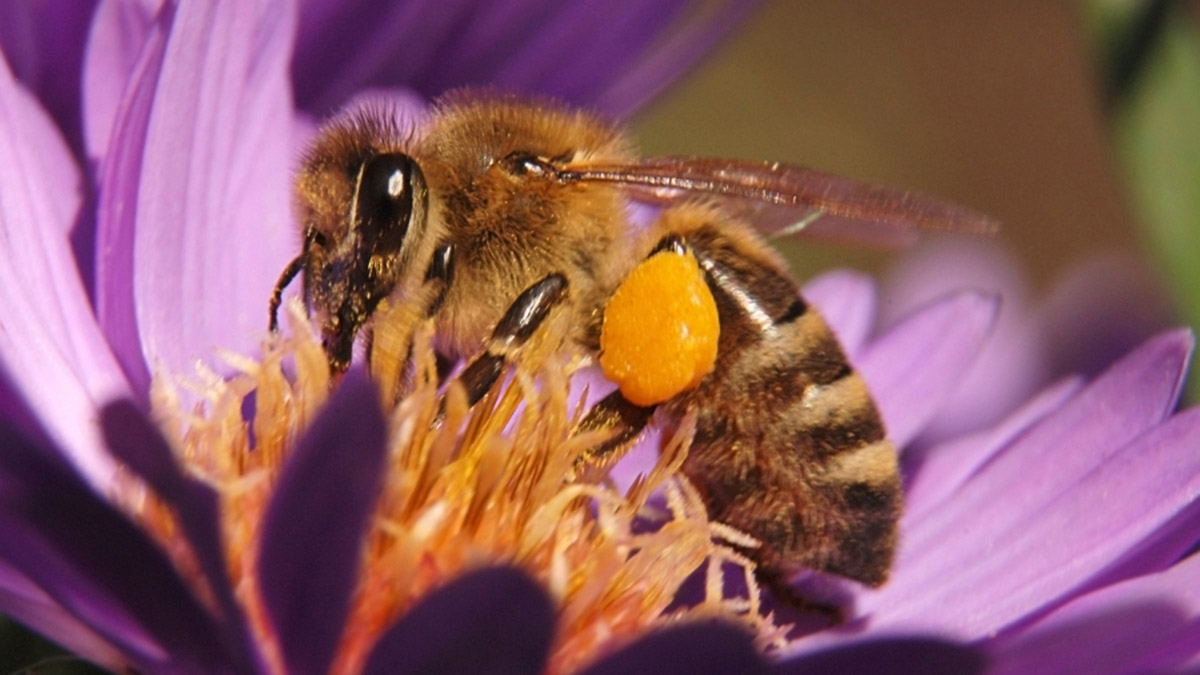Cinnamon, a spice that has been cherished for centuries, is more than just a flavoring agent in your favorite recipes. Many people wonder, what does cinnamon repel? The answer can lead to some interesting discoveries about pest control and natural remedies.
When considering cinnamon as a natural repellent, it is essential to understand how this spice interacts with various pests.

The Science Behind Cinnamon's Repellent Properties
Cinnamon has been known to emit a strong scent that many insects find unappealing. This potent aroma, primarily due to the compound cinnamaldehyde, can deter a range of pests from entering your home or garden. Scientific studies have shown that cinnamon can be effective against pests like ants, cockroaches, and even some rodents.
Cinnamon Against Ants
Ants have a well-developed sense of smell, and the strong scent of cinnamon can act as a barrier. You can sprinkle ground cinnamon in areas where you typically see ants or create a cinnamon oil spray by mixing a few drops of cinnamon oil with water. This approach offers a natural way to keep ants at bay.
Cinnamon and Cockroaches
Cockroaches are notorious pests that many households seek to eliminate. Using cinnamon as a deterrent is not only an eco-friendly option but also a safe method. Research suggests that the strong scent masks the trails left by cockroaches, making it harder for them to navigate.

Other Pests Repelled by Cinnamon
Besides ants and cockroaches, cinnamon shows effectiveness in repelling several other pests:
- Fruit Flies: The scent of cinnamon can repel unwanted fruit flies.
- Mice: Mice find the scent of cinnamon unpleasant, making it an ideal natural deterrent.
- Beetles: Many beetles also dislike the aroma of cinnamon.
Using Cinnamon in Your Garden
If you want to protect your garden from pests without resorting to harmful chemicals, consider using cinnamon. This herb can be sprinkled in flower beds or around vegetable patches to create a protective barrier. Check out this source for other plants and herbs that keep pests away.

How to Use Cinnamon for Pest Control
Using cinnamon effectively for pest control requires a few simple techniques:
- Ground Cinnamon: Sprinkle it directly in areas where pests frequent.
- Cinnamon Oil Spray: Mix a few drops of cinnamon essential oil with water in a spray bottle and apply it around entry points.
- Scented Cotton Balls: Soak cotton balls in cinnamon oil and place them strategically around the home.
Combining Cinnamon with Other Natural Repellents
Cinnamon can work synergistically with other natural repellents to enhance its effects. For instance, combining it with clove oil can boost its ability to repel a wider range of insects. Try mixing both oils with water for a powerful homemade spray.

Safety and Precautions When Using Cinnamon
While cinnamon is generally safe for humans and pets, it's essential to use it wisely. Ensure that the areas where you apply cinnamon are not accessible to pets, as excessive consumption can cause digestive issues.
Conclusion
Cinnamon is a fantastic natural repellent that can help you keep various pests away from your home and garden. Knowing what does cinnamon repel equips you with a powerful tool in your pest control arsenal. Enjoy the benefits of cinnamon not just for its flavor but also for its pest-repelling properties!
FAQs
1. Can cinnamon repel mosquitoes?
Yes, while not as effective as some other repellents, cinnamon can deter mosquitoes due to its strong scent.
2. How long does cinnamon last as a repellent?
Cinnamon's effectiveness can vary, but it generally lasts a few days before needing to be reapplied.
3. Is cinnamon harmful to pets?
In small amounts, cinnamon is generally safe for pets, but large quantities can cause issues. Always monitor pet exposure.
As an Amazon Associate, I earn from qualifying purchases.
